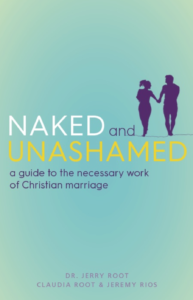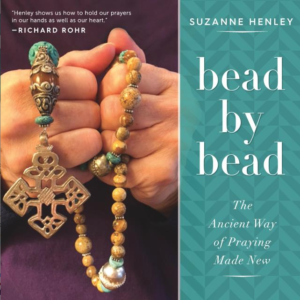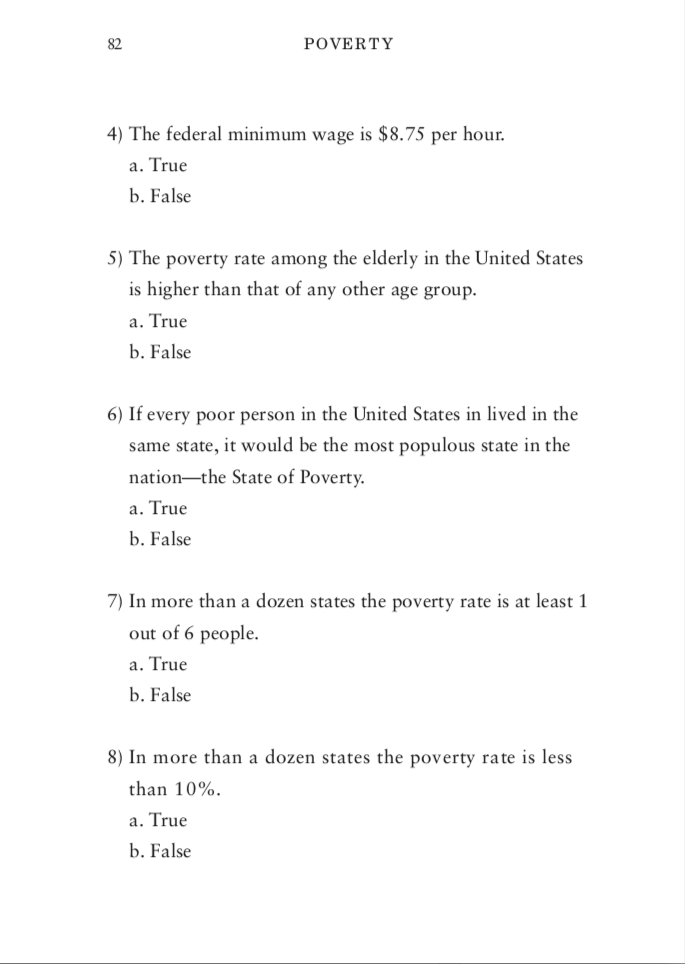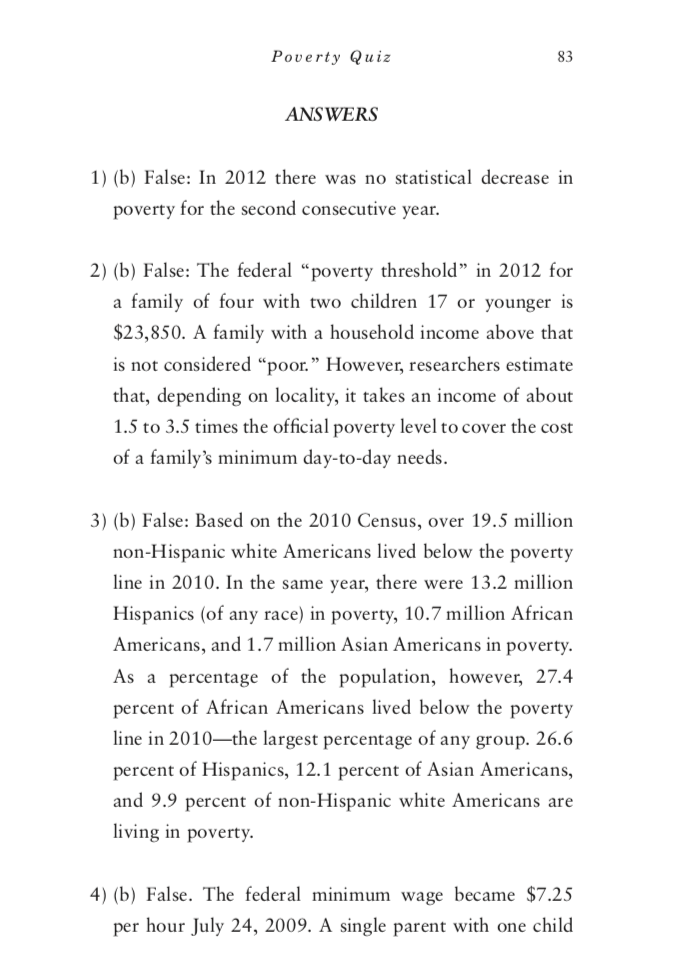Jerry and Claudia Root and Jeremy Rios give so many wise and practical suggestions on how to prepare for marriage — here’s a great one for how couples can really get to know each other better in the months leading up to marriage, or even if the years afterward!
A SOLID FOUNDATION IN STORY— UNDRESSING ONE ANOTHER’S HISTORY
What we suggest next is a project and exercise for couples to perform together—and this is meant to be fun! Procure for each of you a notebook or journal in which you can write down significant things about your beloved. Set aside some time and get away to a nice, quiet, cozy place and there take turns sharing and listening to one another, writing down what you hear. This activity—of investing time to discover your partner’s life history—is a project that not only can be sustained throughout your engagement, but sets a foundation for conversation that will carry you throughout your marriage. Make it so that the sharing of your life story with your partner is a priority, especially in the months preceding your marriage. Each of you, after all, has a life that was lived before you met, and learning about that life can be an interesting and ongoing part of your relationship.
There are any number of ways to go about this project together. One possibility would be to organize it according to the periods of your life, going through each era and sharing the most significant events and how they affected you. As you cover this historical ground, makes sure that you are getting to know the person’s hurts and sorrows, dreams, disappointments, and defining moments. You can begin small with things like where you were born, why you were born there, how your parents happened to live there at that time, and what extended family was there at the time. If you don’t know the answers, call up your beloved’s mother or father—they will likely be more than happy to fill in the details. Continue to ask further questions: What were your family dynamics? Who were your best family friends growing up? How did your family change when other people were around? What was your school experience like? Who were teachers that impacted your life? Where did your family go on vacations? What were these vacations like? How were the family interactions? Where were you in the birth order and how did that define you as a person? The questions can be endless, and together you can chase them with the delight of children opening packages on Christmas morning.
In an exercise such as this one, follow-up questions are just as important as the initial information—not only because they reveal the interest of your partner, but because they invite further and deeper reflection into our own histories. Each partner should practice listening attentively, asking questions that get to the deeper matters. “What did that feel like?” “Do you remember that often?” “Was that move hard for you?” “How did your parent’s divorce affect you?” Asking questions about our emotions surrounding these memories is a powerful way to re-access the memories themselves, and learning to ask such questions that encourage a person to go deeper will help the relationship grow.
In addition to talking about these experiences, you may even want to visit the historical places relevant to your partner’s life if you grew up in different locations. It is always interesting to see where they lived, played as children, went to school, and even meet old friends and relatives. If you can’t do all this while engaged, you can plan it in the future years and include it in your notebooks, snapping photos along the way and collecting other memorabilia. Such a project could in time become something special to pass down to your children.
All of these recommendations, of course, are simply guidelines—as a couple you are free to be as creative as you want to be. We have seen couples who have expanded this project much further. The key is to establish an attitude of abiding interest in the wholeness and complexity of the person you plan to marry. As Wordsworth wrote in the poem quoted at the beginning of this chapter, “The child is the father of the man.” When we spread the table of our memories before one another we are bearing witness to the child, the adolescent, and young adult who gives shape to your personalities today.
Developing historical intimacy in this way lays a foundation for all the other forms of intimacy, not only because it invites a fully orbed knowledge of your spouse, but because the way that we engage this kind of conversation also shapes how we communicate. There are some very important factors that shape this historical conversation and can with intentionality extend to all your conversations.
The dominant factor is vulnerability. The willingness to open up and speak to your partner about the significant events that have shaped your life requires a kind of risk. These are memories that you may never have spoken to another soul in your life. The choice to be vulnerable in that moment is a choice, profoundly, to trust. For many people, it would be much easier to take off their actual clothes than the emotional clothes that cover their life stories! But the work must not be avoided, and the man or woman who refuses to be vulnerable also refuses to trust. In such an environment intimacy can never truly grow.
Vulnerability is also powerful as a door to your own self-knowledge. As your partner asks questions about your life, following the trail of the conversation wherever it goes, insights and revelations about your own story can emerge. Vulnerability means not only sharing what has been private, but also permitting someone else to offer perspective on your story. The person who refuses to be vulnerable not only fails to be intimate with someone else, but he also fails to truly know himself.
When these conversations range into vulnerable matters, it is very important that the listening partner honor the vulnerability of the sharer. Imagine what it would feel like to stand naked in front of your partner, and then to have that person point at some part of your body, and laugh, or to ignore you while looking at a phone or television screen. Would you feel valued in that tender moment? If the answer is no, then consider how you can strive to give value to the memories shared with you. This, fundamentally, is an activity of listening and accepting; you are not listening in order to pass judgment. For the sharing partner, it is an opportunity to be accepted for things that you alone know about your life. Ensure that you honor one another in the sharing of these often-precious memories.
These moments of undressing offer an unprecedented opportunity to share our deepest secrets, and secrets we cannot talk about control us. If there are places in your life you cannot reveal to the person you are going to marry, not only are you implicitly saying that it’s okay to have secrets in this relationship, but to that same degree you are implying that you do not trust your partner. This might indicate either that your partner is untrustworthy, or in fact that you yourself are untrusting. But if you are willing to take the risk you might discover levels of trust that you never before anticipated.
There are times when individuals have experienced past events that they would rather forget, and they might because of this have a difficult time sharing. A block to sharing like this informs you that there are some deep issues that may need to be addressed. Nevertheless, we must recognize that becoming intimate involves sharing your whole self—the good, the bad, and the ugly. If your partner cannot handle hearing about the past things in your life that were difficult for you, that person may not be the one for you. Jerry once knew a woman who confided in her fiancé that when she was a teenager she had an abortion. Unable to cope with this information, her fiancé broke off the engagement, breaking her heart in the process. Several years later she met another man and again confided in him. This time, when she had shared her story, he took her in his arms and said, “I’m so sorry you had to go through that. I love you even more for sharing such a deep hurt with me.” They went on to have four children of their own, and she even became involved in a prolife organization. Sharing these hurts before marriage establishes a clear foundation for your relationship and can also provide unprecedented and unexpected opportunities for healing.
If you find that you cannot share your past with the person you love, you should probably find out why that is the case. Secrets kept early in the relationship typically erupt later, and quite possibly in a destructive manner. We have found that often when couples share these deep parts of themselves, the other person sincerely makes an effort to show acceptance and tell the person they love how much closer they feel. Love multiplies where vulnerability is sincere. And the truth of the matter is that we each have things in our past we are ashamed of, from acts we did or were done to us, to thoughts we had or have. True intimacy develops where couples embrace the risk and take the courage to share their lives with one another.
There is one more thing to be kept in mind. Historical undressing demands that we guard the secrets that are shared with us. Inasmuch as we hear these stories without judgment—accepting that the story is simply part of the person sitting beside us—we must also be good stewards of that which is shared with us. In marriage, your secrets are mine, and my secrets are yours, and together we hold them in trust for one another. And by building such a foundation on the basis of openness, honesty, and acceptance, you establish a great trajectory for your future family.







